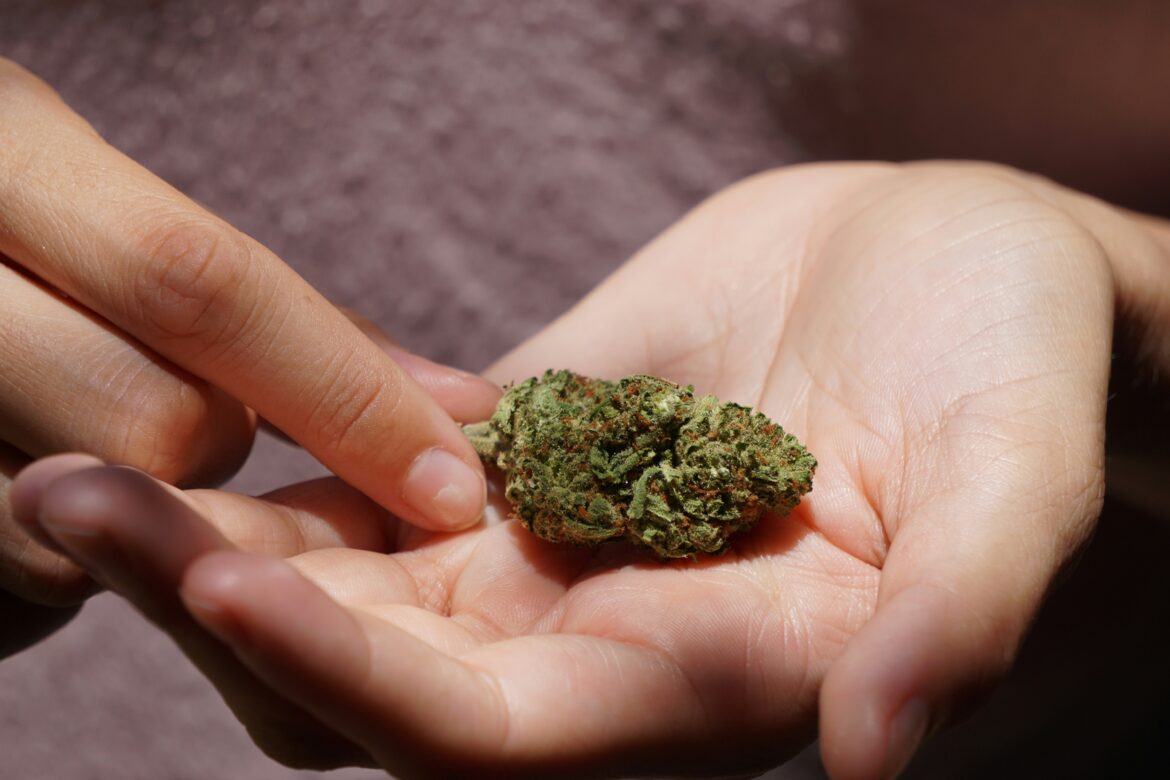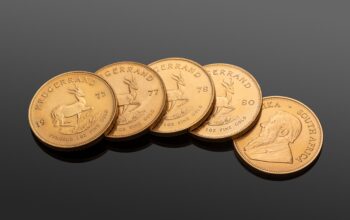Comprehending THCA
THCA is a non-intoxicating cannabinoid located in raw cannabis plants. Unlike its equivalent, delta-9-tetrahydrocannabinol (THC), thca flowers does not produce psychedelic impacts when eaten in its natural state. Rather, THCA carries out decarboxylation, which occurs when heat is utilized, transforming it into THC. This conversion normally occurs with methods such as cigarette smoking, vaping, or food preparation with marijuana.
THCA’s Prospective Advantages for Consistent Discomfort
The study suggests that THCA may provide significant therapeutic benefits for administering persistent discomfort. While even more researches are required to comprehend its activity systems completely, initial searchings indicate that THCA has anti-inflammatory, analgesic, and muscle-relaxant homes. These homes make it particularly promising for minimizing the signs and symptoms connected to different persistent discomfort issues, including arthritis, neuropathy, fibromyalgia, and various sclerosis.
In addition, unlike THC, which can create undesirable psychedelic effects such as drunkenness and problems, THCA remains non-intoxicating. This makes it a better choice for individuals seeking pain alleviation without the cognitive and affective adjustments associated with THC usage. In addition, THCA flowers have a collection of different cannabinoids and terpenes that may be included in their general recovery results with the entourage outcome, improving their feasible benefits for pain tracking.
The Value of Accessibility to Top-Quality THCA Flowers
As passion in THCA for relentless discomfort surveillance expands, it becomes increasingly important to guarantee access to costs THCA blossoms. Quality control measures, consisting of suitable cultivation, harvesting, and handling approaches, are critical for maintaining the sincerity and performance of THCA-rich marijuana stress. Moreover, third-party testing for pureness and effectiveness can aid clients in making educated decisions and ensure thing protection.
Moreover, legal and regulatory structures are crucial in managing the manufacturing, circulation, and accessibility of THCA flowers. While cannabis regulations differ from one territory to another, policymakers and healthcare professionals need to communicate to create evidence-based plans that focus on client security, protection, and wellness while allowing for liable access to recovery marijuana products.
Health And Wellness And Wellness Benefits of THCA Flowers
Anti-inflammatory Properties: THCA has shown to be a powerful anti-inflammatory representative, which may be handy for people struggling with troubles such as joint swelling, multiple sclerosis, and inflammatory digestive tract illness.
Neuroprotective Effects: A research study advises that THCA shows neuroprotective residential properties, potentially offering advantages for neurodegenerative conditions like Alzheimer’s illness, Parkinson’s disease, and epilepsy.
Antiemetic Properties: THCA has shown antiemetic effects, perhaps making it beneficial for taking care of nausea or vomiting and throwing up in clients going through radiation treatment or experiencing stomach problems.
Analgesic Results: THCA might be an analgesic in domestic or business homes, helping alleviate discomfort associated with various troubles, including neuropathic discomfort, migraines, and fibromyalgia.
Antioxidant Job: As an anti-oxidant, THCA may assist protect cells from oxidative anxiety and damage, perhaps reducing the threat of persistent diseases such as heart problems and certain cancer cells.
Clinical Research Study and Healing Potential
The journey of THCA blossoms intersects with clinical research studies that reveal their healing possibility. Research has shown that THCA possesses anti-inflammatory, neuroprotective, and antiemetic residential or commercial properties. It is a motivating prospect for dealing with medical conditions such as consistent discomfort, epilepsy, several sclerosis, and nausea connected with chemotherapy. Nonetheless, additional medical examinations are needed to verify these findings and develop optimum dosage regimens.
Comprehending THCA and Its Non-Psychoactive Nature
THCA is a cannabinoid forerunner that becomes THC with a process called decarboxylation, typically set off by cozy. This conversion occurs when cannabis is smoked, vaporized, or prepared. Nonetheless, when marijuana is absorbed raw or in its real-time kind, such as in juicing, THCA remains non-intoxicating, making it possible for individuals to experience its possible health wellness and wellness advantages without the psychedelic impacts frequently related to THC.
Taking a look at the Anti-inflammatory Properties of THCA Flowers
Among one of the most notable aspects of THCA is its prospective as an anti-inflammatory rep. Swelling is a natural feedback of the body’s immune system to injury or infection. Nevertheless, persistent inflammation is associated with different wellness issues, including joint swelling, autoimmune health problems, and neurodegenerative issues. The research advises that cannabinoids, including THCA, may provide therapeutic impacts in managing inflammation.
The Expert’s Perspective
To open the healing tricks of THCA flowers, one has to explore the fancy globe of marijuana growing and usage. Growers and fanatics play a vital feature in having a look at the complete opportunity of this cannabinoid. Below’s a professional’s point of view on how THCA flowers are grown and used for recovery objectives:
Critical Breeding: Farmers precisely breed marijuana stress and anxiety with high degrees of THCA to improve its medical properties. They plan to establish stress that offers optimal restorative advantages via cautious breeding approaches.
Gathering and Handling: Gathering cannabis at the right time is needed to preserve the THCA material. When collected, the flowers are processed to keep their raw form, ensuring that the THCA stays intact until consumption.
Consumption Strategies: There are numerous approaches to eating THCA flowers, each offering special benefits. Some choose raw juicing or mixing approaches to consume cannabis without decarboxylating THCA. Others might go with low-temperature methods like vaporization to experience its healing results without activating THC.
Person Experience: Individuals looking into THCA for clinical purposes commonly keep thorough journals to track its effects on their indicators. This direct action is useful in understanding how THCA engages with the body and its possible applications in healthcare.
The Future of THCA Research
As the lawful and scientific landscape surrounding marijuana continues to progress, so does our understanding of THCA and its recovery opportunity. Continuous research intends to disclose the systems behind THCA’s restorative results and explore its effectiveness in dealing with various medical problems.
Clinical examinations are underway to assess THCA’s influence on conditions such as epilepsy, chronic discomfort, and mental problems. These researches hold an assurance for including THCA into mainstream medication and increasing treatment options for clients worldwide.
Verdict
Opening the healing keys of THCA flowers needs a multidisciplinary technique, incorporating scientific inquiry, growing expertise, and private comments. As we continue to figure out the vital capability of cannabinoids, THCA attracts attention as an enticing ally in the search for all-natural healing. From its anti-inflammatory buildings to its neuroprotective results, THCA utilizes a peek right into the untapped ability of marijuana as a medical all-natural herb. With more research study and exploration, we may uncover more of its healing methods, supplying hope and relief to countless people trying to find choice treatments for their disorders.



